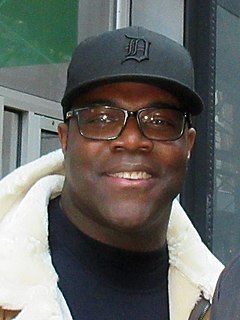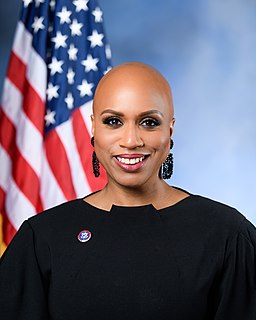A Quote by Steven Wright
I was an only child, eventually.
Quote Topics
Related Quotes
The idea of a life plan, "I'm here now, where do I need to go to..." There's always "And then what?" And eventually the end of that "and then what?" is death. I've just learned that I can't have such a narrow focus as I did as a child, because there is no end point, and eventually you feel empty if you're not also nourishing other things: joy, love, relationships.
Without a sense of the shame or guilt of his or her action, the child will only be hardened in rebellion by physical punishment. Shame (and praise) help the child to internalize the parent's judgment. It impresses upon the child that the parent is not only more powerful but also right. Like the Puritans, Locke (in 1690), wanted the child to adopt the parent's moral position, rather than simply bow to superior strength or social pressure.
Just take the negro child. Take the white child. The white child, although it has not committed any of the per - as a person has not committed any of the deeds that has produced the plight that the negro finds himself in, is he guiltless? The only way you can determine that is, take the negro child who's only four-years-old. Can he escape, though he's only four years old, can he escape the stigma of discrimination and segregation? He's only four-years-old.

































